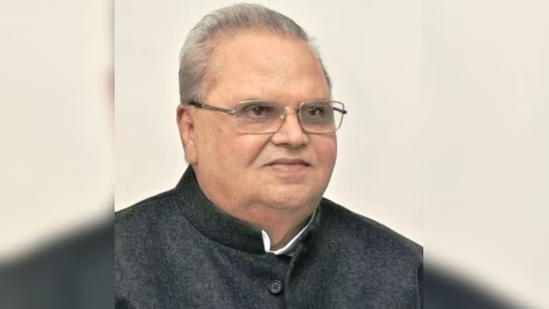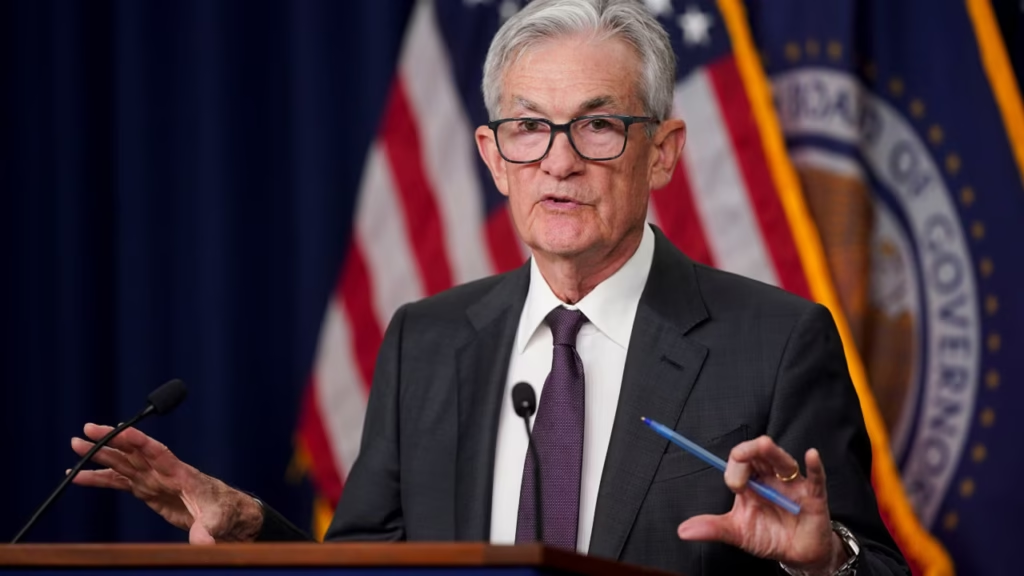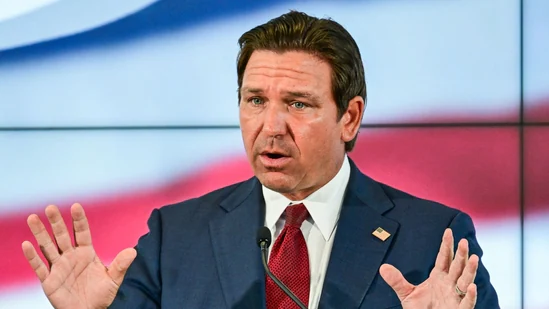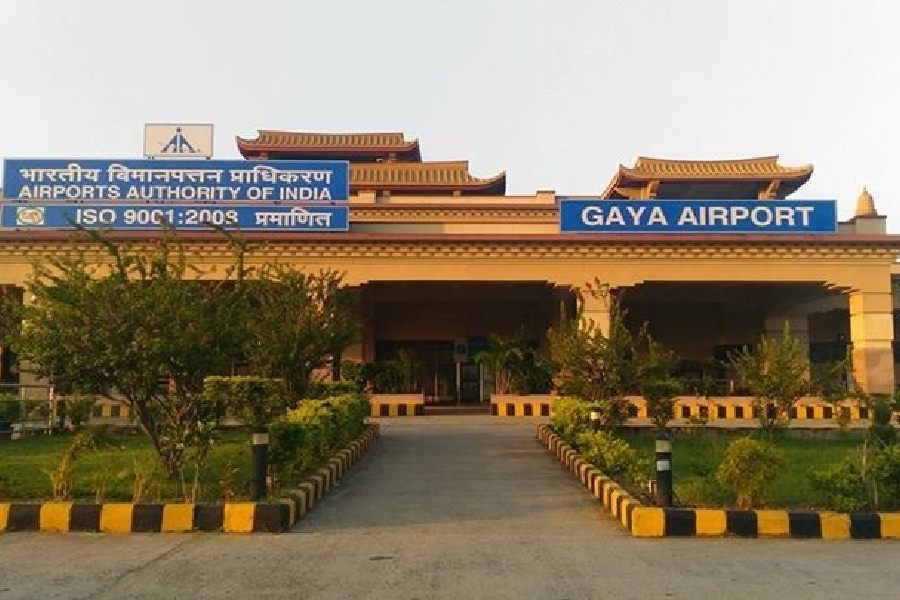Now Reading: Veteran Politician Satyapal Malik, Former Governor of J&K, Dies at 79
-
01
Veteran Politician Satyapal Malik, Former Governor of J&K, Dies at 79
Veteran Politician Satyapal Malik, Former Governor of J&K, Dies at 79

Satyapal Malik, who served as the last Governor of Jammu and Kashmir during the landmark abrogation of Article 370, passed away on August 5, 2025, in Delhi. His decades-long political journey saw him emerge as an independent-minded leader—once aligned with socialist ideals, later vocal about national issues such as farmers’ rights and security failures. His death has drawn tributes from across the political spectrum.
Introduction
Satyapal Malik passed away at Delhi’s Ram Manohar Lohia Hospital at around 1:12 pm after battling multiple chronic ailments, including kidney disease and complications from a prolonged illness. Known for his outspoken views during sensitive moments in politics, he leaves behind a complex legacy—one shaped by bold speech as much as enduring service to public life.
A Political Career Spanning Five Decades
Malik began his political life in the 1960s as a student leader and entered electoral politics in 1974 with the Bharatiya Kranti Dal. He served in the Uttar Pradesh assembly before representing Uttar Pradesh in both the Rajya Sabha and Lok Sabha, across parties including Janata Dal, Congress, Samajwadi Party, and eventually joining the BJP.
Governorship Across States
From 2017 to 2022, he held gubernatorial roles in Bihar, Odisha (briefly), Jammu and Kashmir, Goa, and Meghalaya. His most notable post was as J&K’s governor from August 2018 to October 2019, during which Article 370 was revoked—turning the state into two union territories and reshaping the region’s political landscape
Voice for Farmers and Security Criticism
Malik often spoke out for farmers’ rights, aligning with their protests in 2021. In interviews and speeches, he openly criticised how the Pulwama terror attack in 2019 was handled, alleging systemic lapses and claiming he was asked to stay silent—a stance rarely taken by public figures from within the system.
Final Illness and Controversies
Admitted to the hospital in May with a urinary tract infection, Malik’s health deteriorated through complications including septic shock, pneumonia, kidney failure, and DIC. While he received intensive treatment, including ventilation and dialysis, he passed away surrounded by prolonged illness. His last months also saw a CBI chargesheet related to a Jammu and Kashmir hydroelectric project, casting a shadow on his later legacy.
Tier 2 India: Why It Resonated
In smaller cities and towns, leaders like Malik—who bridged grassroots activism and high office—often symbolize integrity and independence. His support for farmers and willingness to criticise settled norms resonated with communities that value vocal leadership grounded in social justice.
Tributes Across the Spectrum
Leaders from across political lines expressed condolences. Prime Minister Modi posted on X that he was “saddened by the passing” and offered thoughts to the bereaved. Opposition figures including Akhilesh Yadav, Mayawati, Priyanka Gandhi and Arvind Kejriwal praised Malik for courage and public service.
Conclusion
Satyapal Malik’s passing marks the end of a chapter—one defined by roles across multiple states and bold stands on national issues. His tenure during the abrogation of Article 370 and his later critiques of governance made him a rare voice in India’s political landscape. For many, his legacy will lie in the tension he represented: between loyalty to office and allegiance to principle.

























